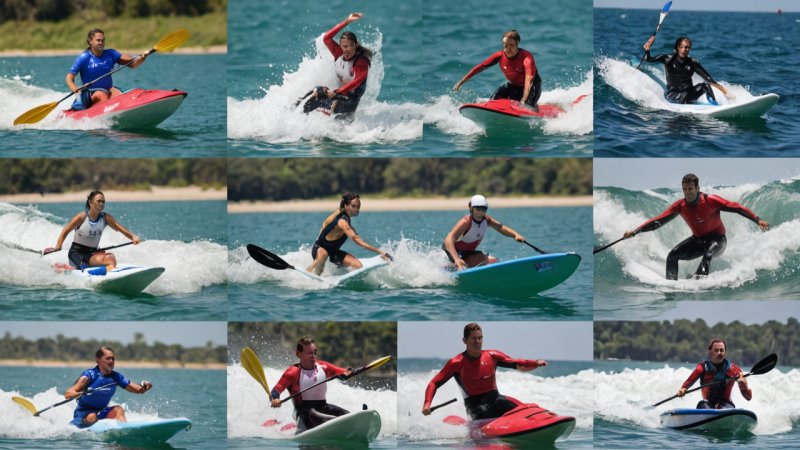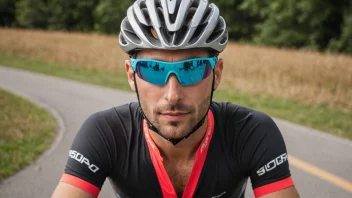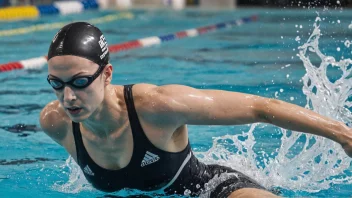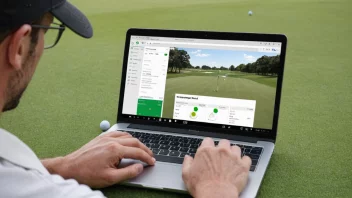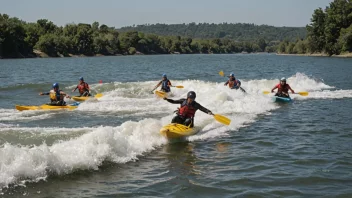Introduction
Water sports can be exhilarating and physically demanding, requiring athletes to maintain their energy levels for optimal performance. Whether you're kayaking, surfing, swimming, or participating in any other water-based activity, managing your energy effectively is crucial for both enjoyment and safety. Below are the top 7 tips to help you maximize your energy while engaging in water sports.
1. Stay Hydrated
Hydration is key to maintaining energy levels, especially when you are in the sun and active. Dehydration can lead to fatigue and decreased performance.
- Drink Water: Aim to drink water before, during, and after your activity.
- Electrolytes Matter: Consider electrolyte drinks to replenish lost minerals.
2. Fuel Your Body
Eating a balanced diet is essential for energy management. Proper nutrition helps sustain your performance throughout the day.
- Carbohydrates: Include complex carbs in your meals for sustained energy.
- Protein: Consume lean proteins to aid muscle recovery.
3. Know Your Limits
Understanding your physical limits can prevent overexertion. Listen to your body and recognize when you need to take a break.
- Monitor Fatigue: Pay attention to signs of fatigue and adjust your activity level accordingly.
- Take Breaks: Schedule regular breaks to rest and hydrate.
4. Use Proper Techniques
Effective techniques in any water sport can significantly reduce energy expenditure and improve performance.
- Efficient Strokes: In swimming, focus on streamlined strokes to minimize resistance.
- Correct Posture: Maintain good posture while paddling or surfing to optimize energy use.
5. Warm Up and Cool Down
A proper warm-up and cool-down routine can enhance performance and recovery, ensuring your body is ready for action.
- Dynamic Warm-Up: Engage in dynamic stretches before your activity to prepare your muscles.
- Cool Down: After your session, perform gentle stretches to aid recovery.
6. Optimize Gear and Equipment
The right equipment can make a significant difference in energy management. Using gear that fits well and is appropriate for your sport helps you perform better.
- Lightweight Gear: Choose lightweight and buoyant equipment when possible.
- Comfort: Ensure your gear fits correctly to avoid unnecessary energy expenditure.
7. Incorporate Cross-Training
Cross-training can enhance your overall fitness and efficiency in water sports, making it easier to manage energy levels during your activities.
- Strength Training: Build muscle strength to improve endurance.
- Cardio Workouts: Engage in cardiovascular exercises to boost stamina.
Conclusion
Managing your energy during water sports is key to maximizing performance and enjoyment. By staying hydrated, fueling your body, knowing your limits, using proper techniques, warming up and cooling down, optimizing your gear, and incorporating cross-training, you can enhance your experience in the water. Remember, safety and performance go hand in hand!
